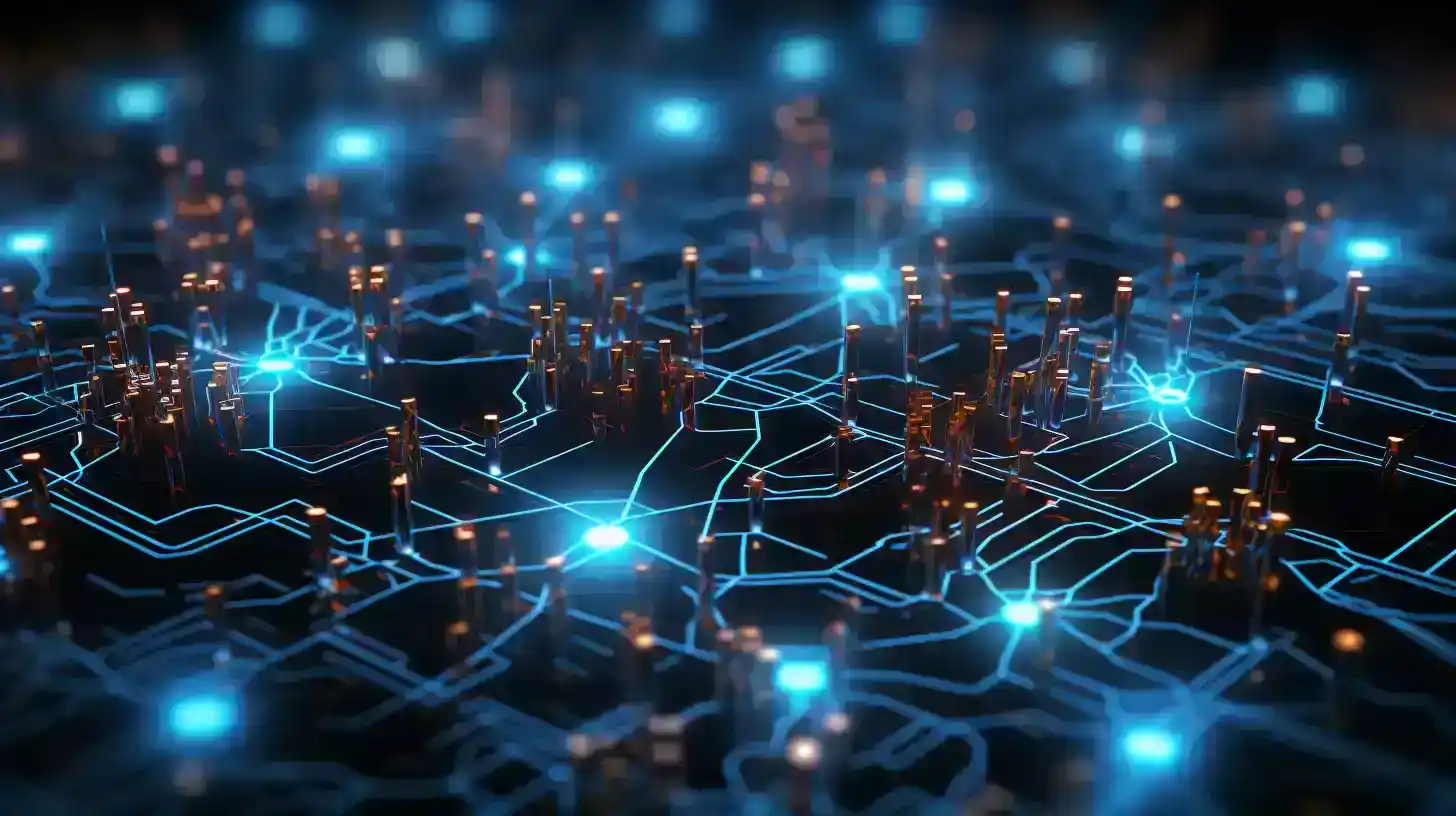Table of Contents
Blockchain and AI are two of the most disruptive technologies today. They have the potential to transform various industries and sectors, from finance to health care. But they also face some challenges, such as data quality and trust.
Data is the fuel that powers AI systems. AI models rely on data to learn, improve, and provide answers. However, not all data is reliable or unbiased. Data can contain errors, inconsistencies, or misinformation. This can affect the performance and credibility of AI systems.
The Benefits of Combining Blockchain and AI
Blockchain, on the other hand, is a technology that enables secure and transparent transactions. It is a distributed ledger that records and verifies data in a decentralized way. Blockchain can ensure the integrity and provenance of data, making it immutable and tamper-proof.
By combining blockchain and AI, we can create a system that can enhance the quality and trustworthiness of data. Blockchain can store and track the data that AI models are trained on, providing proof of how the AI is trained. AI can use blockchain to access and analyze verified and unbiased data, improving its accuracy and efficiency.
This is the vision of Casper Labs, a business-focused blockchain firm that partnered with IBM this month to develop such a system. Casper Labs’ chief technology officer and co-founder, Medha Parlika, explained the benefits of this system during a panel discussion at the World Economic Forum in Davos, Switzerland.

“The product that we are developing, the datasets are checkpointed and stored on the blockchain so you have proof of how the AI is trained,” Parlika said. “And so as you use the AI, if it’s learning and you find that the AI is starting to hallucinate, you can roll back the AI. And so you can undo some of the learning and go back to a previous version of the AI.”
Enhancing AI Reliability and Accountability with Blockchain
Hallucinations refer to when an AI system gives out false or misleading information. This can happen when the AI model is trained on faulty or biased data. By using blockchain, we can avoid or correct such errors, and ensure the AI system is reliable and accountable.
Sheila Warren, the CEO of the Crypto Council for Innovation, a group that advocates for the adoption of cryptocurrencies and blockchain, agreed that this is a “killer use case” for the technology. I do think that the verification of an AI and sort of the checks and balances … within an AI system, is going to be blockchain driven and blockchain-backed,” Warren said.
Blockchain and AI are two powerful technologies that can complement each other and create value. By leveraging their strengths, we can build a system that can enhance the quality and trust of data, and ultimately, improve the outcomes and impact of AI.
The Potential of Blockchain and AI Integration in Various Domains

The integration of blockchain and artificial intelligence (AI) has the potential to improve data quality in various domains such as healthcare, finance, media, and supply chain. In the healthcare sector, AI can be used to detect anomalies in medical images, while blockchain can ensure the safety and integrity of healthcare data
In finance, the joint implementation of AI and blockchain can enhance the security, efficiency, and productivity of applications, leading to more robust and unbiased AI solutions in the supply chain, blockchain can ensure the reliable and timely flow of data, while AI can provide efficient data-driven decision support
Furthermore, in media, the convergence of AI with blockchain is expected to enhance data security and trustworthiness, ultimately leading to more accurate AI models. Therefore, the integration of blockchain and AI holds promise for improving data quality across various domains.





